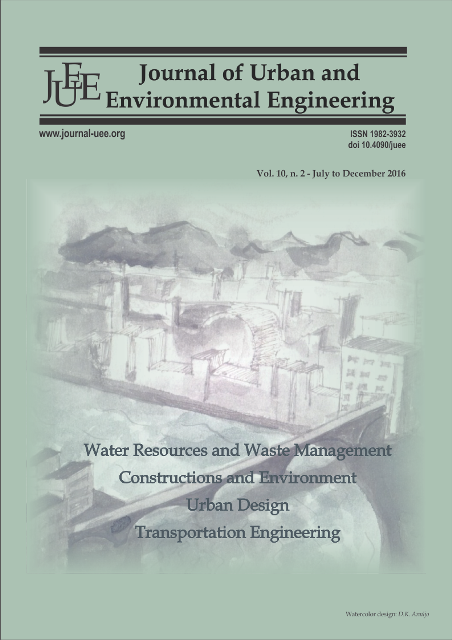ECONOMIC INDICATORS FOR THE PUBLIC TRANSPORTATION AGGREGATE DEMAND ESTIMATION: THE CASE OF THE METROPOLITAN REGION OF SÃO PAULO
DOI:
https://doi.org/10.4090/juee.2016.v10n2.169-176Keywords:
Economic indicators, public transportation, aggregate demandAbstract
This article investigates the application of economic indicators for the parametric estimation of public transportation aggregate demand. Since the transportation sector plays as vital role in a city infrastructure the objective is to present a method of selecting economic indicators that assist in the study of urban public transport demand, taking as a case study the Metropolitan Region of São Paulo (MRSP). Using econometric modelling, it was estimated the effect of variables explaining total traffic in the transport system, and more specifically examine the role of fares and the employment and wage indicators. Statistical tests were performed to check the validity of the analyzed models and develop a rank of indicators according to their performance as regressors. The subset of indicators that were representative of industrial activity and more related to the local economy had the best performance as a forecasting tool.Downloads
Download data is not yet available.
Downloads
Published
2017-04-28
Issue
Section
Articles




